Top Javascript Coding Round Questions For Beginners – 1

Hello, While attending any interview, we asked for a coding round where we had to solve the real-world problem live on a video call or face-to-face. So, I provided the list of the top interview questions often asked during any coding round for JavaScript. I have conducted many interviews, and these are some common questions that are asked of me during most of the interviews.
These are not limited to JavaScript only; you may be asked to resolve their problem in C, C++, Java, Golang, or any other programming language. In this article, I will present the javascript code and explain it, enabling you to implement it in any other programming language of your choosing. So let’s get started…
1. Reverse a String
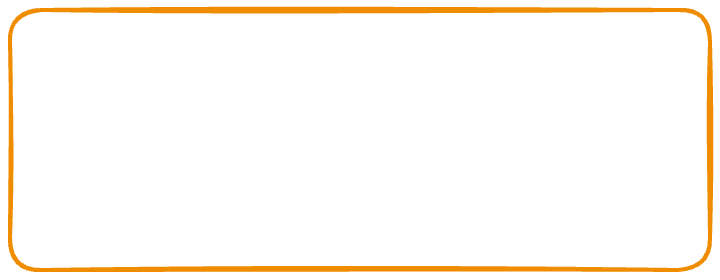
It is a very common coding challenge that is asked during any Javascript interview.
Code and explanation
To reverse a string, I have created a function with the name reverseString that receives the string as an input and will return the reversed string as an output. To reverse a string, it will create an array of string letters, and then it will reverse the array, then it will join the array again, and return the reversed string.
function reverseString(str) {
return str.split("").reverse().join("");
}
2. Check if a String is a Palindrome
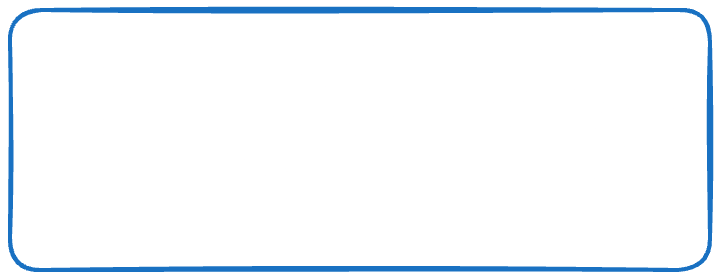
A palindrome is another very common coding round question asked in many javascript interviews. A palindrome string is a word, phrase, number, or sequence of characters that reads the same forward and backward. For example, “madam”, “racecar”, and “12321” are all palindromes.
Check the palindrome code and explanation
To check if the string is a palindrome, we have created a function named isPalindrome which accepts the string and it returns a boolean (true or false) whether a string is a palindrome or not. It will split your string into an array and then it will reverse it with .reverse() and again, it will join the array to form the string. In the next step, it will simply check the original string (str) with a reversed string and return the output.
function isPalindrome(str) {
const reversed = str.split("").reverse().join("");
return str === reversed;
}
3. Find the Largest Number in an Array
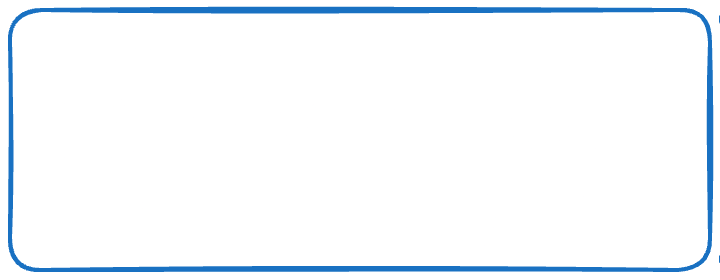
To find the largest number within the array is a very common interview question asked in interviews. They can ask this to resolve it using the inbuilt function without using it. I will give both examples and explain only without using the inbuilt function because, with the array method, it is self-explanatory 🙂
function findLargestNumber(arr) {
return Math.max(...arr);
}
Without max method
Get the largest number in the array code and explanation
To get the largest number in the array, we will create one function called findLargestNumber which will take the array as input and return the largest number in that array. To get the largest number first, it will check if the array is not empty and then it will assign the first array element as the largest number. In the next steps, it will loop all array elements (except the first) and in each iteration, it will check if the current number is larger than the the stored one.
function findLargestNumber(arr) {
if (arr.length === 0) {
return null; // Return null if the array is empty
}
let largest = arr[0]; // Initialize the largest number with the first element
for (let i = 1; i < arr.length; i++) {
if (arr[i] > largest) {
largest = arr[i]; // Update the largest number if the current element is greater
}
}
return largest;
}
// Example usage
const numbers = [3, 5, 7, 2, 8, -1, 4, 10, 12];
console.log(findLargestNumber(numbers)); // Output: 12
4. Find the Factorial of a Number
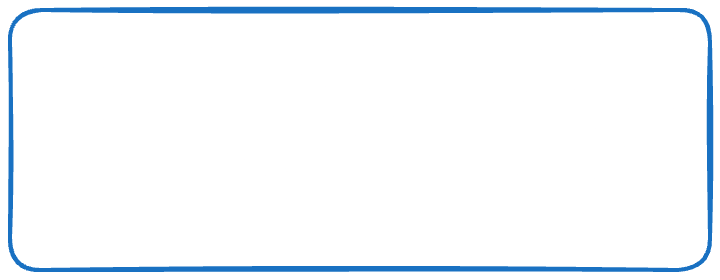
The factorial-based question is asked in an interview to check the understanding of recursive programming. To get the factorial of any number, we have to multiply it multiple times by subtracting it by one in each iteration. So suppose you want to get the factorial on number 5 then we have to multiply it like 5*4*3*2*1, and the output will be the factorial of number 5;
Find the factorial of a number code and explanation
In the following example the function factorial receives the number as input for which it is calculating the factorial and in each iteration it calls itself by subtracting the number by 1, and at the end it will return the factorial of the given number.
function factorial(num) {
if (num === 0 || num === 1) return 1;
return num * factorial(num - 1);
}
Note
What is recursive programming
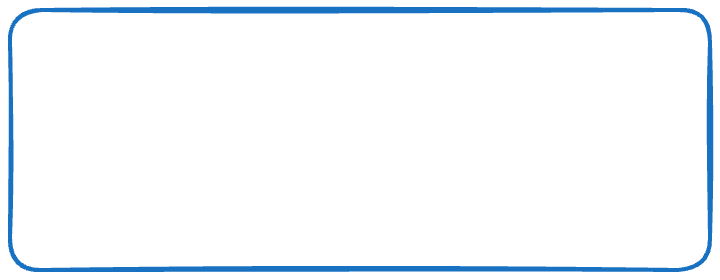
Recursive programming is a technique in computer science to solve a problem by calling itself again and again. This breaks the complex problem into small and manageable chunks of subproblems which are easy to read and maintain.
Recursive programming example in javascript
function recursiveFunc() {
// some code here...
recursiveFunc();
}



